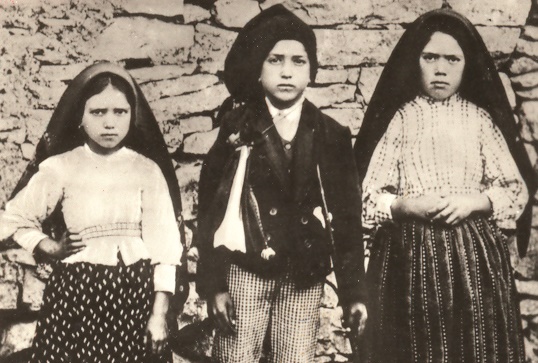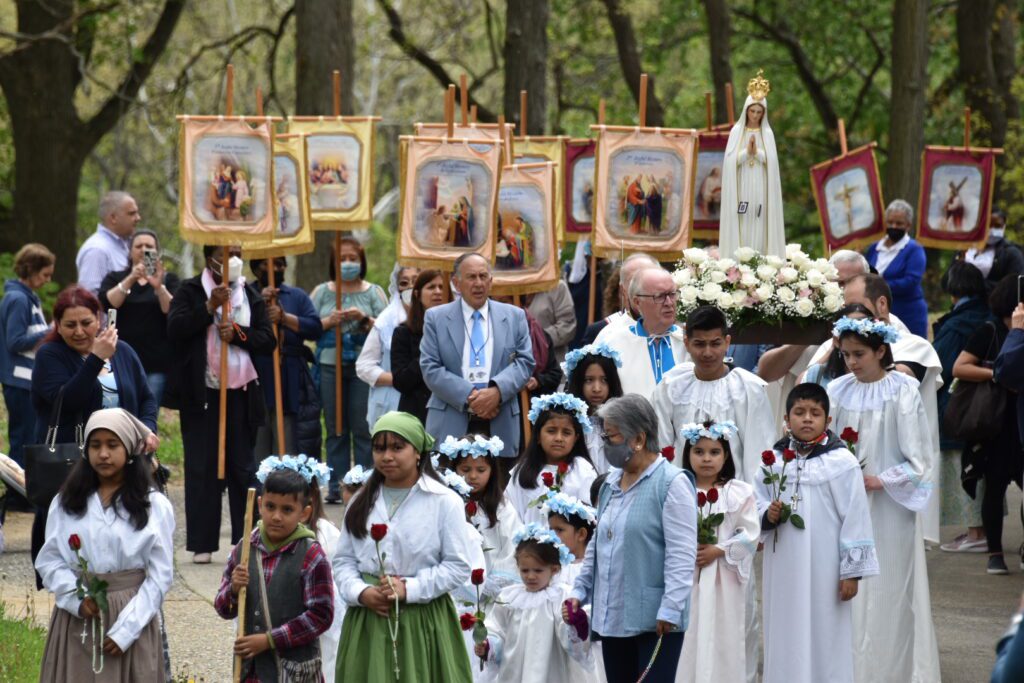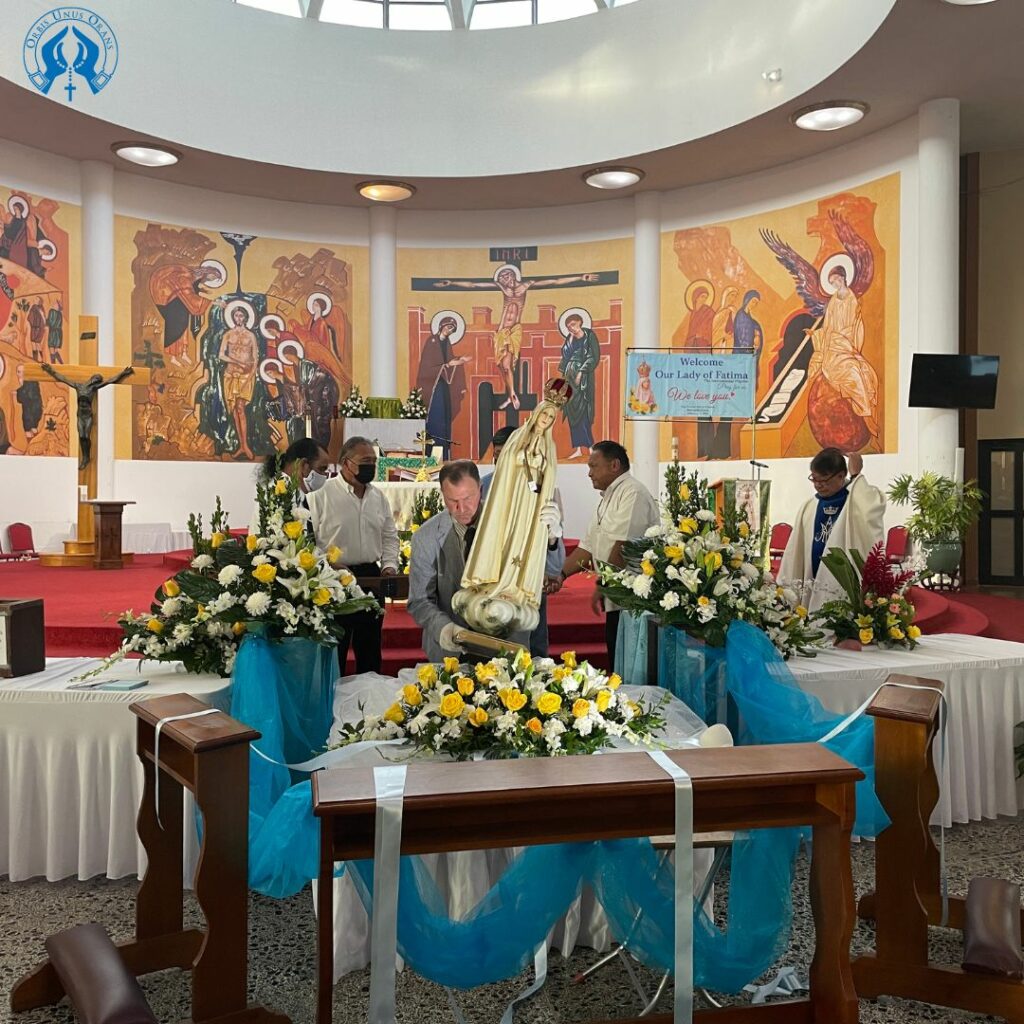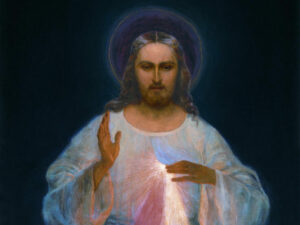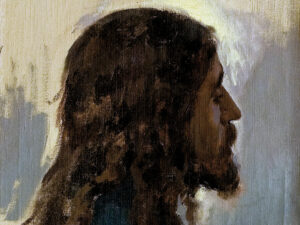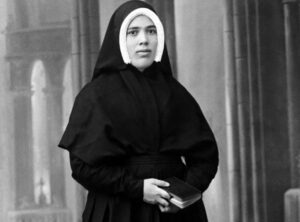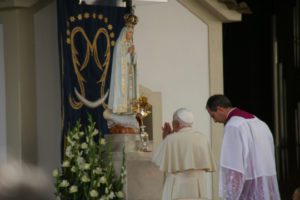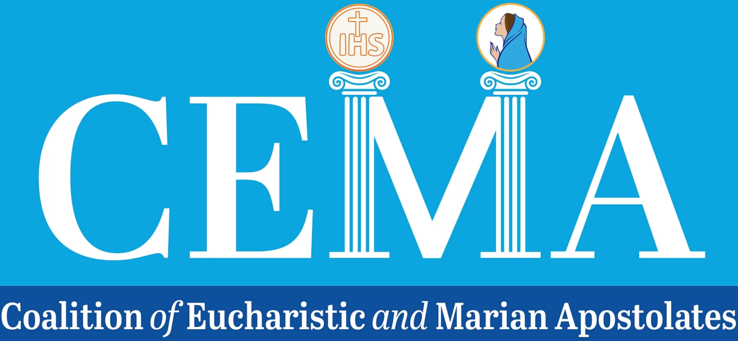by Elizabeth Turello –
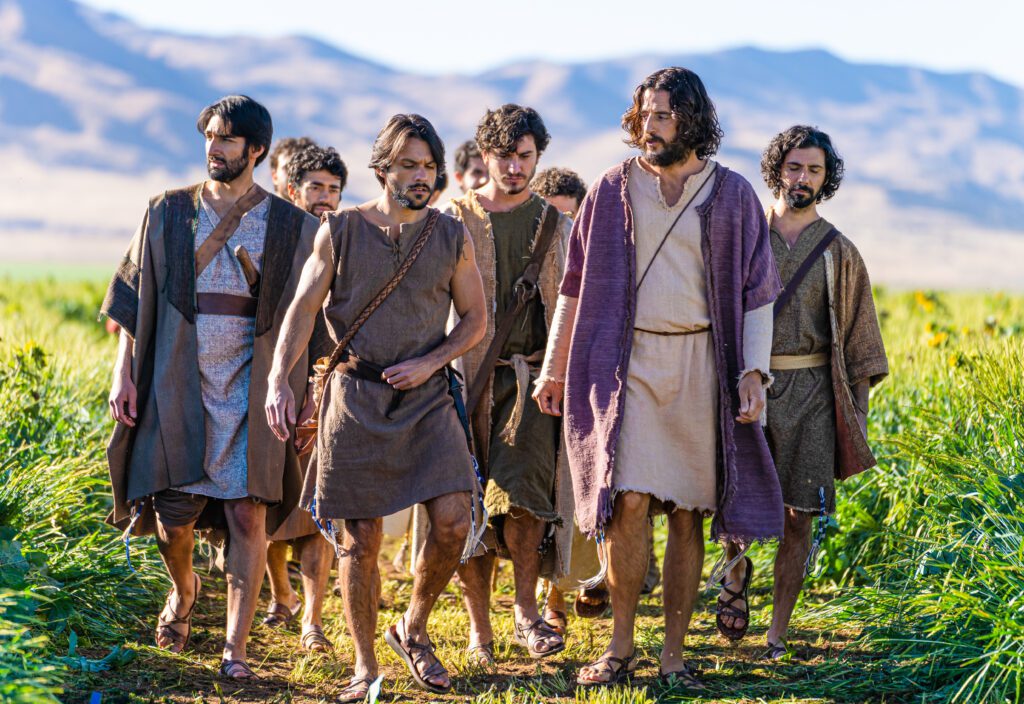
Growing up, I was used to seeing the Twelve Apostles depicted as middle age or older: Da Vinci’s Last Supper, Ghirlandaio’s Vocation of the Apostles and Caravaggio’s The Incredulity of St. Thomas, to name a few. Mel Gibson’s The Passion of the Christ in 2004 broke away from this with a fairly young actor, Christo Jivkov (around age 29), who played the disciple John. Still, the others were largely in their 40s and 50s — mature, grown adults. It wasn’t until Dallas Jenkins’ The Chosen that I realized the apostles were younger than I ever imagined.
The Chosen’s Portrayal of the Apostles
Like millions of Christians around the world, I’ve become enamored with The Chosen. As the show runners remind us, it’s not a substitute for Scripture by any means, but an aid. There’s something powerful about seeing these crucial biblical moments brought to life in a realistic, relatable manner. One of my favorite scenes from the show is the portrayal of Luke Chapter 5, “The Call of Simon the Fisherman.” In it, Simon’s initial resistance to accept Jesus as the Messiah is emphasized by actor Shahar Isaac. He demonstrates the stubbornness and griping of an immature young adult who thinks he knows better, not the response of a humble, obedient full adult with life experience.
But when his boat begins to overflow with fish, Simon’s disbelief turns into belief, and he throws himself at the feet of Christ, confessing his unworthiness. It was here, at the feet of Christ with tears streaming down his face and a broken voice — a child begging their father for forgiveness — that I noticed just how young Simon truly was.
From then on, I started focusing on the other apostles in the show. Andrew, Simon Peter’s brother, appears slightly more youthful. Sons of Thunder, James and John, mirror Peter and Andrew’s age group. Little by little, each apostle is introduced and all seem to be between their mid-20s and early 30s.
This casting choice didn’t match the paintings, icons and other performances I’d come to know over the years. I’ll admit, seeing the apostles portrayed as older always left me confused. In addition to imagining the apostles two to three decades older than Jesus, their Teacher (which didn’t make sense to me), I was curious when it came to the rest of their lives. Because if Peter was 50 when he was called to follow Christ, that would have made him around 80 when he was martyred; maybe 60 if we go with one of the more youthful approaches, or upwards of 90 if we consider other depictions I’ve seen. If John was only a few years younger, then he would have been nearly 100 when he wrote his Gospel. These ages aren’t outrageous per say, but imagining them like this took away some of my admiration of the true power of their sacrifices.
An Accurate Depiction
I was left wondering just how old the apostles were then when they were called to follow Christ. Extensive research revealed that, based off historical and cultural evidence, John, the youngest, was anywhere from 15 to 18 and Peter, the oldest, 26 to 30. This means that, on average, most of the apostles were somewhere in their 20s during the time of Christ’s ministry, a far cry from the typical depiction we are accustomed to.
But why do their ages matter? It doesn’t change the stories in the Gospel or the fact that all made immense sacrifices for our Lord and His Church.
For the first time, though, I was able to place myself in the apostles’ shoes. As a 24-year-old, the extent of their situations finally hit me. These weren’t men who had already lived full lives; they were boys who had full lives ahead of them. Before Christ called them, they were starting successful careers, looking forward to the prospect of marriage (Peter is the only one we know for certain was married; see Lk 4:38), raising children and much more. When Christ called me, it wasn’t easy to give up certain things or face the harsh judgement and sometimes hatred of the secular world, although I know full well it’s worth it. I imagine the apostles felt similarly; honored to be called by Christ, but aware — maybe even uncertain — of the sacrifices it entailed.
By acknowledging the youth of the apostles, we gain a new perspective on their willingness to follow, and eventually die for, Christ. These weren’t men having mid-life crises who abandoned their families and work in search of an adventure because they were bored. They didn’t embrace martyrdom because they were going to die soon anyway, so “might as well make it count.” The disciples were young adolescents and early adults who, not knowing what was to come, didn’t hesitate to offer up the normal lives promised to them by Jewish society the moment Jesus said, “Come, follow me.” (Mt 19:21)
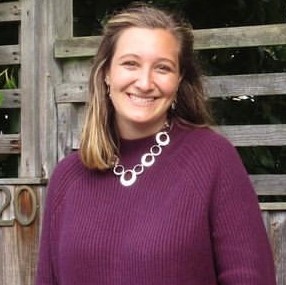

This article will appear in the upcoming 2023 Second Issue of Soul Magazine. Elizabeth Turello is the Communications Associate for the World Apostolate of Fatima USA/Blue Army Shrine.


